The influence of the private sector on lawmaking and decision making process of the public sector in Serbia has been legally recognized and regulated. Namely, as a part of the Action Plan for Implementation of the National Strategy for the Fight against Corruption in the Republic of Serbia for the period 2013-2018, among other things, it is envisaged adoption of the law that regulates lobbying.
The Law on Lobbying ( hereinafter: the Law) is adopted by Assembly of the Republic of Serbia on 9th November 2018.
It should be mentioned that lobbying in Serbia was organized in 2009, with the establishment of the Serbian Lobbyists Association, as a non-profit and non-party organization, which supports putting the lobbying professions under the legal framework.
In the United States, lobbying was introduced by the Law on Lobbying of 1946, while at the European level it was placed under the regulatory framework in 1995, when the European Parliament established the first lobbyist registry.
Since 2011, the European Parliament, the European Council and the European Commission have a single register of lobbyists, so called Transparency register. However, the registration of lobbyists is mandatory only for certain types of interactions with EU institutions. EU Member States are not obliged to regulate in their national legislation the matter of lobbying. According to the 2016 report, only seven Member States (France, Ireland, Lithuania, Austria, Poland, Slovenia and the United Kingdom) adopted laws on the subject and prescribed as mandatory the establishment of a lobbyist register.
Authority for governance and monitoring of lobbying in Serbia is delegated to the Anti-Corruption Agency (hereinafter: Agency), which was established by the Law on the Anti-Corruption Agency of 2010.
The Law primarily defines lobbying as an activity that exerts influence on the authorities, in the process of passing laws, other regulations and general acts, within the competence of these authorities, in order to achieve the goals of lobbying clients. The impact is primarily performed by the private sector and non-governmental organizations.
On the other hand, certain activities cannot be considered as lobbying, such as providing information on regulations published in the media, or expressing opinions about them; the activities of persons who publicly submit proposals and experts’ opinions to the public authorities in order to participate in the decision-making process or participate in the process of passing regulations at the invitation of the public authorities with or without remuneration or within projects in which beneficiary is public authority; citizens’ initiatives addressed to the public authorities on the proposed solutions; activities of officials and employees in the public authorities in connection with the regulatory activities, if these activities are carried out in accordance with their power.
Lobbying is performed towards appointed and/or elected officials employed or otherwise engaged in a public authority, as well as towards a person whose appointment or selection is approved by a public authority, who participates in the procedure for preparing and passing laws, or may affect the content of the laws.
On the other side, lobbying can be performed by individuals and legal entities, while appointed and elected officials employed or otherwise engaged in a public authority are forbidden to perform lobbying, even up to two years from the date of termination of work engagement. Lobbying client is a person in whose interest lobbying is conducted.
The Law envisages an obligation of individuals who are engaged in lobbying to register in the Register of lobbyists, while legal entities will be registered in the Register of legal entities engaged in lobbying. The Register of lobbyists and the Register of legal entities engaged in lobbying will be governed by the Agency. The most important reason for the existence of the register is to provide transparency, which will enable that information about the identity and professional interest of all those who influence the decision-making process in relation to certain public policies be available to the public.
However, the Law recognizes unregistered lobbyists, as individuals who are legal representatives or are employed by lobbying clients or represent the interests of an association or company whose member is a lobbying client and do not have obligation to register. This implies that they will be able to perform lobbying, but will not be obliged to meet the conditions required for the registered lobbyists and will not have to respect the obligations imposed on registered lobbyists, such as concluding a contract with lobbying clients, submitting a notification to the Agency, attending training, etc.
Lobbying can be performed by both domestic and foreign citizens. A domestic citizen can be enrolled as a lobbyist if he/she has full capacity, has a university degree, has not convicted of a criminal offense that makes him/her unworthy of trust for conducting lobbying, a security measure or a protective measure of the prohibition of performing a business activity has not been imposed or has ceased and has completed training for lobbyist. The lobbying training will be conducted by the Agency, with the aim that persons who are interested in conducting lobbying obtain specific knowledge related to lobbying activities. A foreign citizen may engage in lobbying in the Republic of Serbia if he/she is registered for lobbying activities in the country of which he is a citizen and will be register in special record.
Lobbying can be carried out only under condition that a lobbying agreement between the lobbyist and the lobbying client is concluded. A lobbyist cannot guarantee positive results of lobbying. As a first step in lobbying, lobbyist should submit a letter to public authority’s official. The Law prescribes the mandatory content of the letter and the attachments accompanying the letter. Upon filing the letter, lobbyist has the right to ask the public authority’s official to held a meeting within a timely manner and to provide him/her with information regarding the subject of lobbying.
The public authority’s official is obliged to notify the Agency about the lobbying, while the public authority in which official works is obliged to keep records of lobbying contacts.
The means of submission, detailed content and form of notification, as well as the content of the records will be subsequently regulated by the Agency’s act. If the notification is not carried out, or the records are not kept, the Agency may issue a measure in accordance with the law that regulates the prevention of corruption, or initiate the disciplinary proceedings against a public authority’s official or a responsible person in a public authority.
Moreover, a lobbyist and a legal entity engaged in lobbying are obliged to submit to the Agency a written report, by January 31st for the previous year. The Law prescribes the general content of the report, while the content and the form will be regulated in detail by the Agency.
A fine for failure to obey the rule of law is prescribed in the amount ranging RSD 50.000 to 2.000.000 for legal entities registered for lobbying and lobbying clients, while a responsible person in a legal person or lobbyists-natural persons can be fined in the amount ranging RSD 30,000 to 150,000.
Attorney at law Damir Petrović
The information contained herein has been provided only for the purpose of general information and cannot be considered as a legal opinion or legal advice. Accordingly, the Law Firm Petrović Mojsić & Partners disclaims all responsibility and accept no liability in respect to actions taken or not taken based on any or all the contents contained herein.











